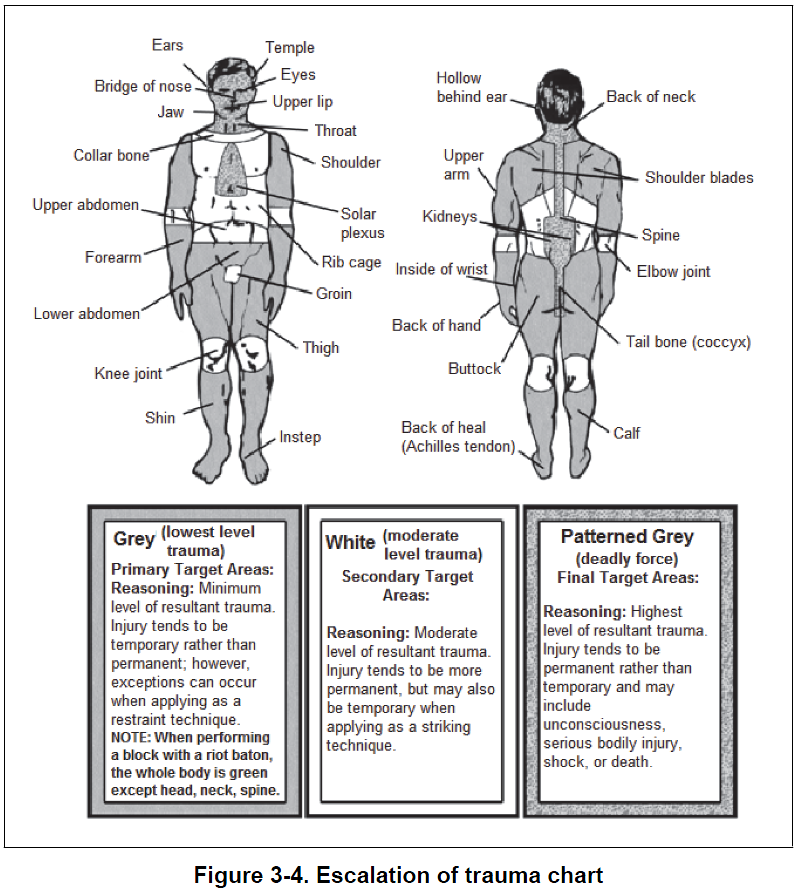Staff Writer, R. Patrick Chapman
Government / Politics
_______________________________
"The right of voting for representation is the primary right by which other rights are protected."
-- Thomas Paine
In the article,
Who rules America?, the world gets a preview of what awake Americans have been stating for a long time: private interests and money have infected our government to the point that voters are irrelevant.
The new study, with the jaw-clenching title of "Testing Theories of American Politics: Elites, Interest Groups, and Average Citizens," is forthcoming in the fall 2014 edition of Perspectives on Politics. Its authors, Martin Gilens of Princeton University and Benjamin Page of Northwestern University, examined survey data on 1,779 national policy issues for which they could gauge the preferences of average citizens, economic elites, mass-based interest groups and business-dominated interest groups. They used statistical methods to determine the influence of each of these four groups on policy outcomes, including both policies that are adopted and rejected.
The analysts found that when controlling for the power of economic elites and organized interest groups, the influence of ordinary Americans registers at a "non-significant, near-zero level." The analysts further discovered that rich individuals and business-dominated interest groups dominate the policymaking process. The mass-based interest groups had minimal influence compared to the business-based interest groups.
The study also debunks the notion that the policy preferences of business and the rich reflect the views of common citizens. They found to the contrary that such preferences often sharply diverge and when they do, the economic elites and business interests almost always win and the ordinary Americans lose.
The authors also say that given limitations to tapping into the full power elite in America and their policy preferences, "the real world impact of elites upon public policy may be still greater" than their findings indicate.
Ultimately, Gilens and Page conclude from their work, "economic elites and organized groups representing business interests have substantial independent impacts on U.S. government policy, while average citizens and mass-based interest groups have little or no independent influence."
What the article fails to reconcile is that average Americans do not have the ability to combat elite interests just on the basis of organization.
Average Americans have much more to worry about than organizing for political competition, but that's the point. If voters are unable to feed, clothe, or even house themselves or their families, then they will be unable to rectify the current inequality at the voting booth.
The elite power structure has seen to the demise of the economy, jobs, healthcare, nutritious food, clean water, viable energy sources, and acceptable air quality.
And, if you protest, the militarized police force will be sent to squash your every move and mainstream media will call you terrorists.
This article argues that all Americans have to do is raise funds and buy a politician like George Soros or the Koch brothers. Perhaps we should do more than debase our government any further than it already has been. Maybe, we need to get back to American values.
"... the portrait is excellent in proportion to its being a good
likeness,...the legislature ought to be the most exact transcript of the
whole society... the faithful echo of the voices of the people."
-- James Wilson, at the Constitutional Convention
Instead of playing the game of buy influence, America should overturn unconstitutional agendas like Citizens United and implement an old philosophy: equal protection under the law. It's not equal if someone with more money can buy it from others.
Americans are supposed to have equal representation. That is how our system is based. It's what keeps everyone being able to voice their opinion.
Therefore America should halt all buying of influence that is degrading our system and return to what our country was based on.
"The principal difficulty lies, and the greatest care should be employed in constituting this representative assembly. It should be in miniature an exact portrait of the people at large. It should think, feel, reason and act like them. That it may be the interest of the assembly to do strict justice at all times, it should be an equal representation, or, in other words, equal interests among the people should have equal interests in it. Great care should be taken to effect this, and to prevent unfair, partial and corrupt elections."
- John Adams, Thoughts on Government, 1776
Obviously isn't it time for better representation based on the 99% then just the top 1%, don't you?


